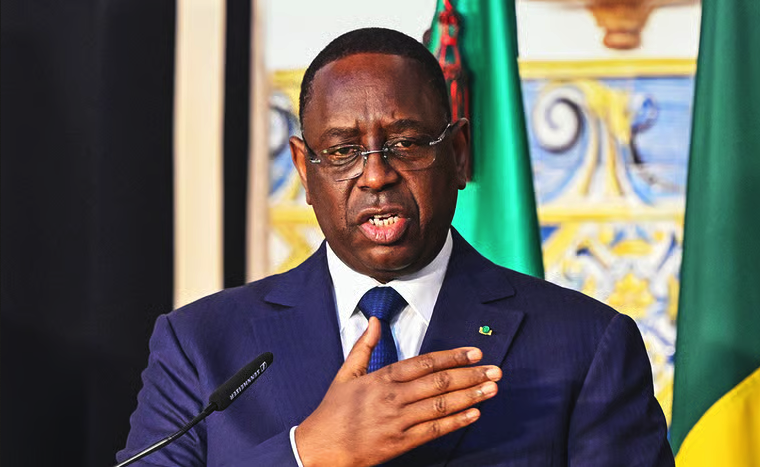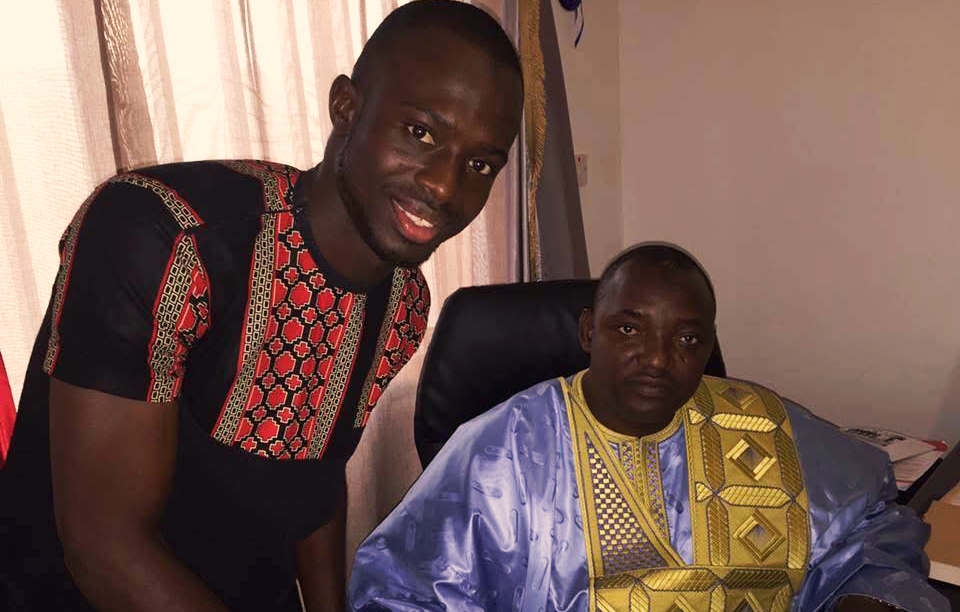Gambiaj.com – (BANJUL, The Gambia) – A new controversy is unfolding at the intersection of personal narrative, political ambition, and public trust, as former NPP affiliate Bubacarr Bob Keita claims that President Adama Barrow threatened him in a heated exchange following his public opposition to a third presidential term—a claim firmly rejected by a senior government official with firsthand involvement.
In a detailed and emotionally charged social media post, Bob Keita, who rose to national attention amid a high-profile court case, alleges that President Barrow confronted him by phone after an interview with journalist Fatu Camara in which Keita urged the president not to seek a third term.
According to Keita, the president lashed out, calling him “too young to advise him,” likening him to then Senegalese opposition leader Ousmane Sonko, and even threatening imprisonment—comments that Keita says were so personal, they severed his relationship with the party and the president himself.
“I was so angry… from that day I was angry with him and distanced myself from him and the party,” Keita wrote.
He also recounted a failed attempt to confront the president in person at a party congress, claiming that he was misjudged by the public and branded a “sellout” without the full context of his actions being known.
However, the version of events offered by Keita was swiftly and strongly disputed by Yankuba Darboe, Director General of the Gambia Revenue Authority, who says he arranged the phone conversation in question and was physically present during the call.
Darboe characterized Keita’s claims as “a deliberate distortion of the truth,” stating unequivocally that no threats, insults, or mention of Ousmane Sonko occurred.
“The conversation he references was initiated by me at my residence,” Darboe stated in his rebuttal, asserting that Keita was seeking reconciliation and even issued an apology to the president during the call.
Darboe, who only came to know Keita through his recent marriage to Darboe’s sister, claims the president responded with grace and forgiveness, later declining a proposed face-to-face meeting with Keita because, in his words, “he had already forgiven him.”
“I swear by the Holy Quran that no such statements were made by President Barrow,” Darboe added.
At the heart of this dispute lies more than just a personal disagreement. It touches on broader themes of political accountability, the power of narrative in the digital age, and the fragility of trust in public leadership.
Keita’s account, raw and subjective, paints a portrait of a young man battered by power and alienated by those he once aligned with.
Darboe’s version, by contrast, presents a more institutional response, aimed at defending the integrity of the presidency and correcting what he sees as a dangerous misrepresentation.
Both narratives are marked by deeply personal stakes: Keita’s anger at perceived disrespect and political betrayal, and Darboe’s insistence on truth in defense of national leadership.
Yet, the tension between them reveals something deeper—how fragile the boundary is between private conflict and public scandal when political figures speak from platforms where perception can quickly harden into belief.
While Keita promises further revelations in a forthcoming book titled My Story, his current account has already ignited a debate over the credibility of personal testimony versus the veracity of official rebuttals.
In a polarized environment, where citizens are increasingly skeptical of political elites, Keita’s narrative may resonate regardless of its factual accuracy—especially with younger or opposition-leaning audiences.
What remains to be seen is whether this incident will fade into the noise of Gambian political drama or whether it will spark deeper questions about internal dissent, political loyalty, and the costs of speaking out.










